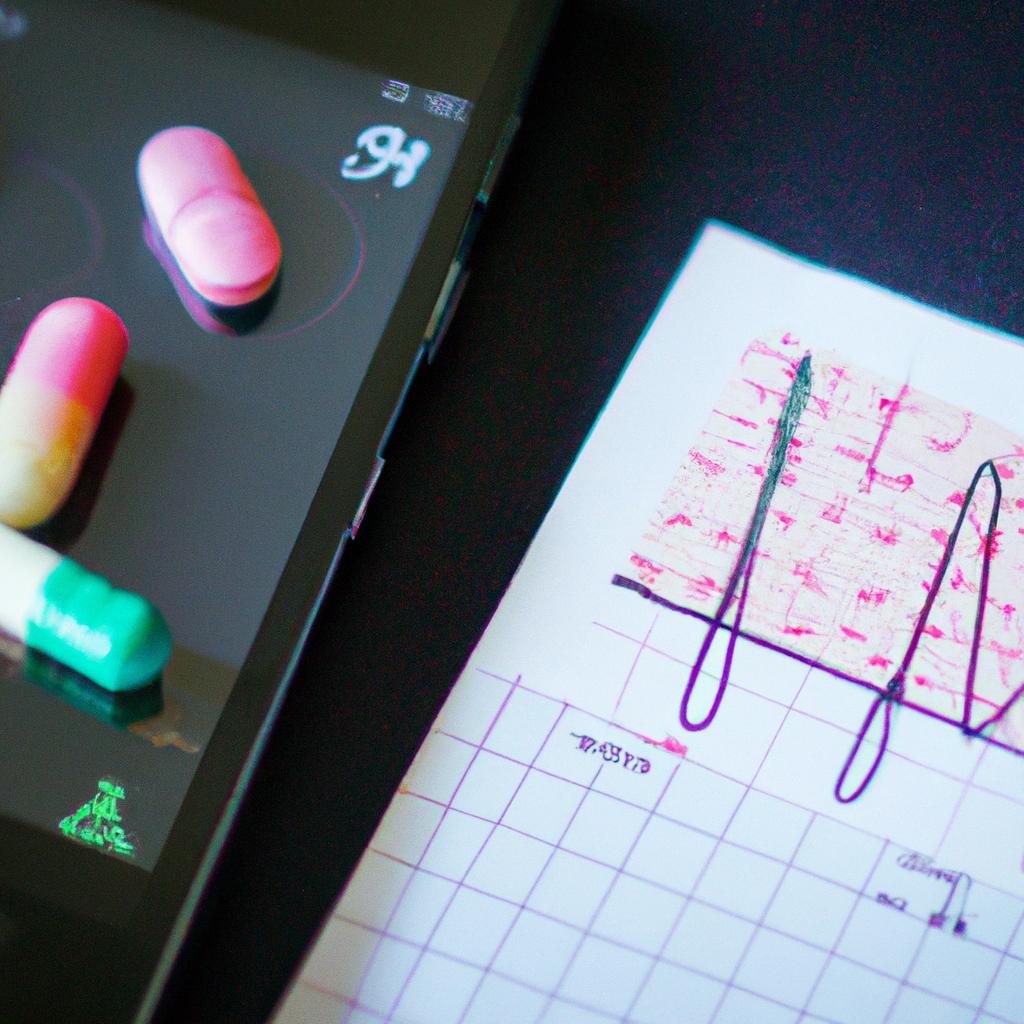The Role of Mobile Health Monitoring in Enhancing Medication Adherence: Strategies for Using Technology to Support Chronic Disease Management
# The Role of Mobile Health Monitoring in Enhancing Medication Adherence: Strategies for Using Technology to Support Chronic Disease Management
In today’s fast-paced world, managing chronic diseases effectively can be a daunting task for patients and healthcare providers alike. Medication adherence, or the extent to which patients take their medications as prescribed, is critical for achieving optimal health outcomes. With the rise of mobile health (mHealth) technology, there are new and innovative ways to enhance medication adherence. This blog post explores the role of mobile health monitoring in supporting chronic disease management, including practical strategies for utilizing technology effectively.
## Understanding Medication Adherence
### What is Medication Adherence?
Medication adherence refers to how well patients follow their prescribed treatment plans, including taking medications at the right time, in the correct dosage, and for the recommended duration. Non-adherence can lead to worsening health conditions, increased healthcare costs, and even hospitalizations.
### Factors Affecting Adherence
Several factors can hinder medication adherence, including forgetfulness, complex medication regimens, lack of understanding of the treatment, and side effects. By addressing these challenges through mobile health monitoring, patients can be better supported in their health journeys.
## The Role of Mobile Health Monitoring
### Technological Tools for Medication Management
Mobile health monitoring encompasses various technologies designed to assist patients in managing their health. These tools can include smartphone apps, wearable devices, and online health platforms. For instance, medication reminder apps can send alerts to users when it’s time to take their medication, while wearable devices can track vital signs and alert users to potential health issues.
### Personalized Health Interventions
Mobile health technologies can be tailored to meet individual patient needs. By collecting data on medication adherence and health outcomes, healthcare providers can develop personalized interventions. For example, if a patient frequently misses doses, the app can adjust reminders or provide educational resources to help the patient understand the importance of adherence.
## Strategies for Using Technology to Support Adherence
### Educating Patients
Education is key to improving medication adherence. Mobile health tools can provide patients with easy access to information about their medications, including how they work, potential side effects, and the importance of adherence. This knowledge can empower patients to take charge of their health.
### Building Support Systems
Support from family members, friends, and healthcare providers can significantly impact medication adherence. Mobile health monitoring platforms can facilitate communication between patients and their support networks. For example, apps can allow caregivers to receive notifications about medication schedules, ensuring that they can assist patients as needed.
### Gamification of Health Management
Incorporating gamification elements into mobile health apps can make medication adherence more engaging. By rewarding patients for taking their medications consistently or achieving health goals, these apps can motivate patients to stick to their treatment plans.
## Nutrition Tips
Maintaining a balanced diet is essential for managing chronic diseases. Here are some nutrition tips to support medication adherence:
– **Understand Food-Medication Interactions**: Some foods can interact with medications, affecting their efficacy. Consult your healthcare provider or pharmacist to learn about any dietary restrictions.
– **Meal Planning**: Plan your meals around your medication schedule to create routines that promote adherence. For instance, taking medication with meals can help you remember to take it.
– **Stay Hydrated**: Drinking enough water is vital for overall health and can aid in the absorption of medications. Aim for at least eight glasses of water per day.
– **Focus on Whole Foods**: Incorporate more fruits, vegetables, whole grains, and lean proteins into your diet to support your overall health and wellness.
## Exercise Advice
Regular physical activity is crucial for managing chronic diseases and enhancing medication adherence. Consider the following exercise advice:
– **Set Realistic Goals**: Start small and gradually increase your activity level. Aim for at least 150 minutes of moderate-intensity exercise each week.
– **Incorporate Movement into Daily Life**: Find ways to be active throughout the day, such as taking the stairs instead of the elevator or going for a brisk walk during lunch breaks.
– **Join a Group**: Exercising with others can provide encouragement and accountability, making it easier to stick to a routine.
– **Track Your Progress**: Use mobile health apps to monitor your physical activity and set milestones to keep you motivated.
## Health Benefits
The integration of mobile health monitoring in chronic disease management offers numerous health benefits:
– **Improved Medication Adherence**: By providing reminders and personalized support, mobile health technologies can significantly enhance adherence rates.
– **Better Health Outcomes**: Consistent medication adherence leads to improved health outcomes, including reduced hospitalizations and enhanced quality of life.
– **Increased Patient Engagement**: The use of mobile health tools fosters a sense of ownership and responsibility in patients regarding their health, encouraging them to take an active role in their care.
In conclusion, mobile health monitoring plays a vital role in enhancing medication adherence and supporting chronic disease management. By utilizing technology effectively, educating patients, fostering support systems, and encouraging healthy lifestyle choices, we can improve health outcomes and empower patients in their health journeys. Embracing these strategies can lead to a healthier future for individuals managing chronic conditions.















Post Comment